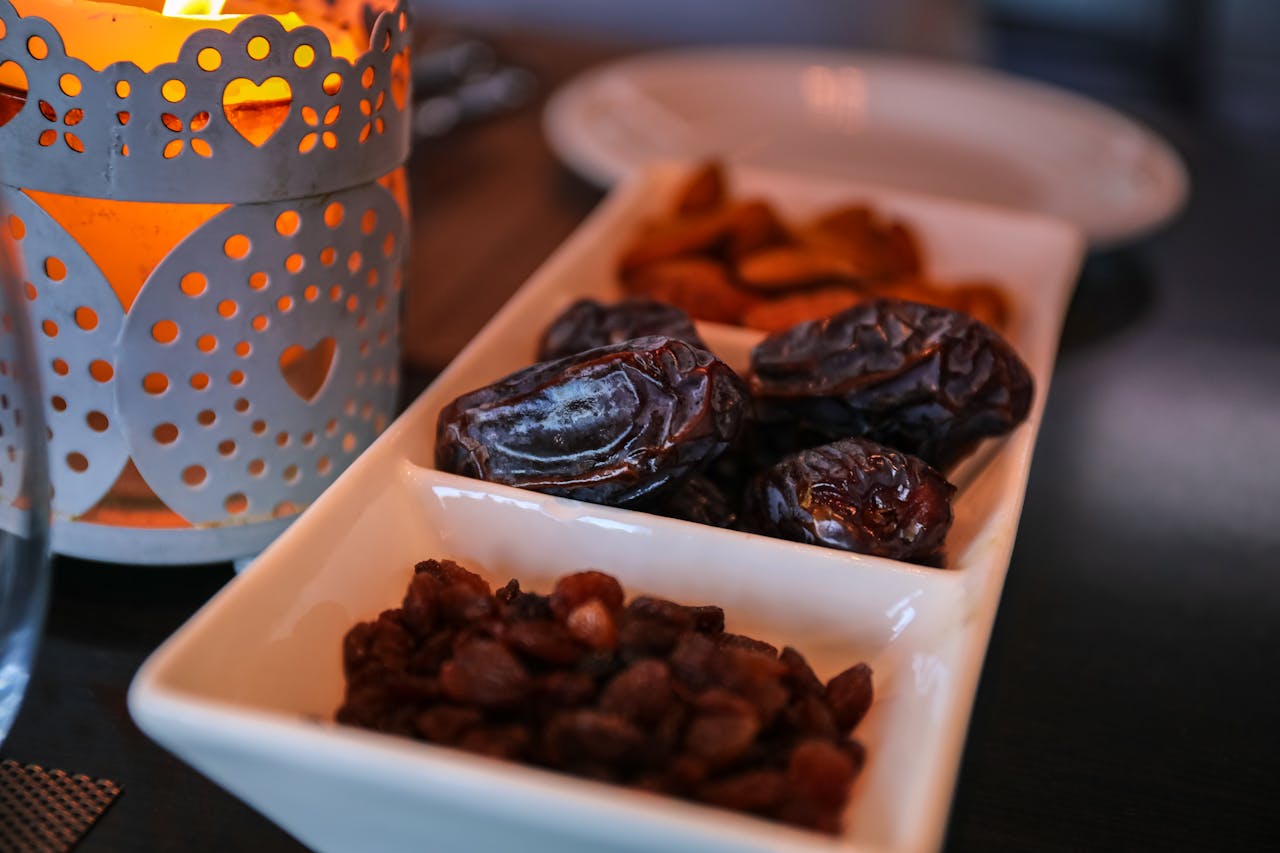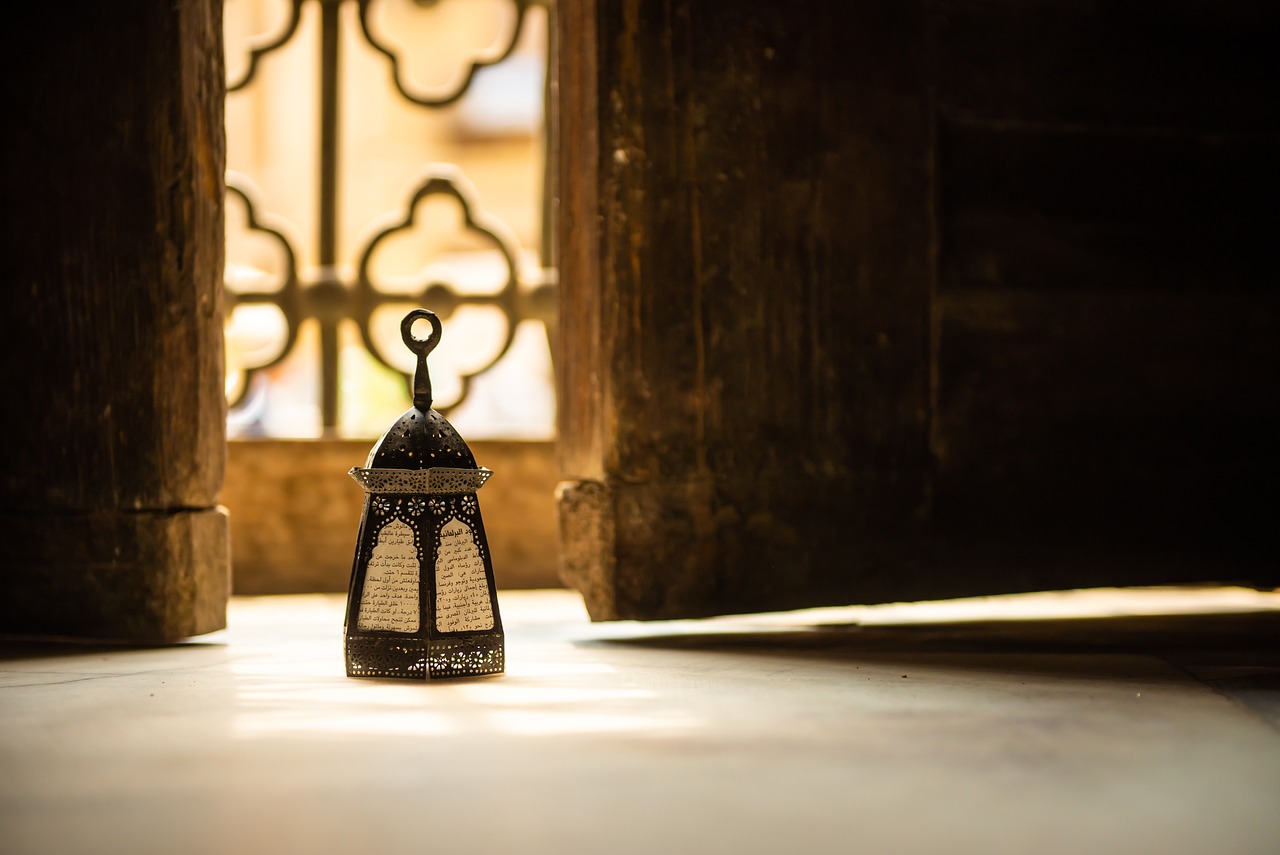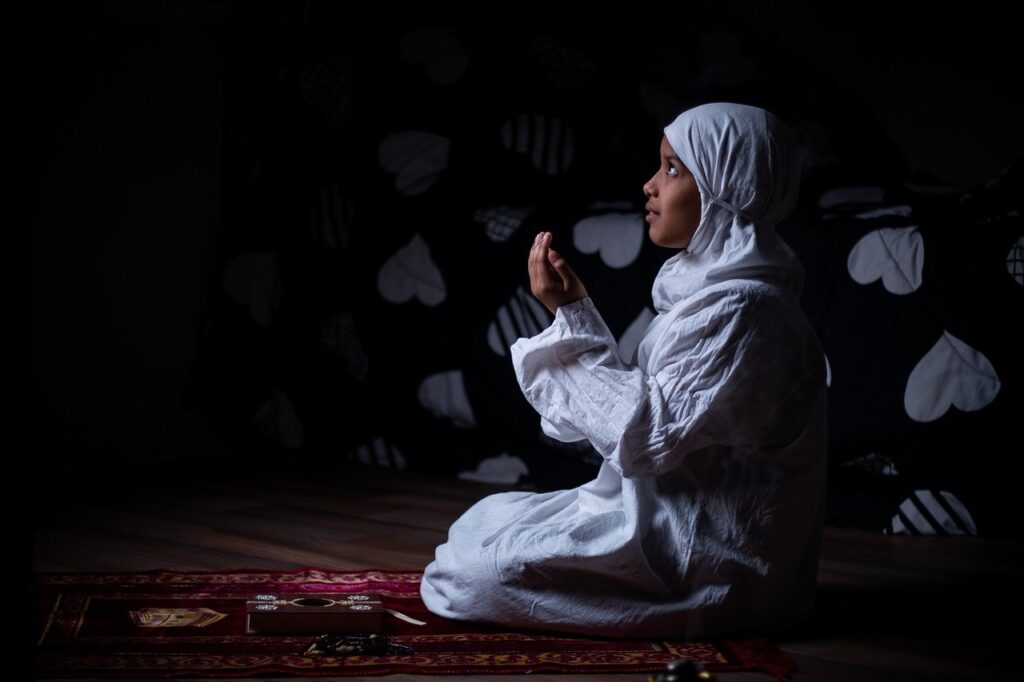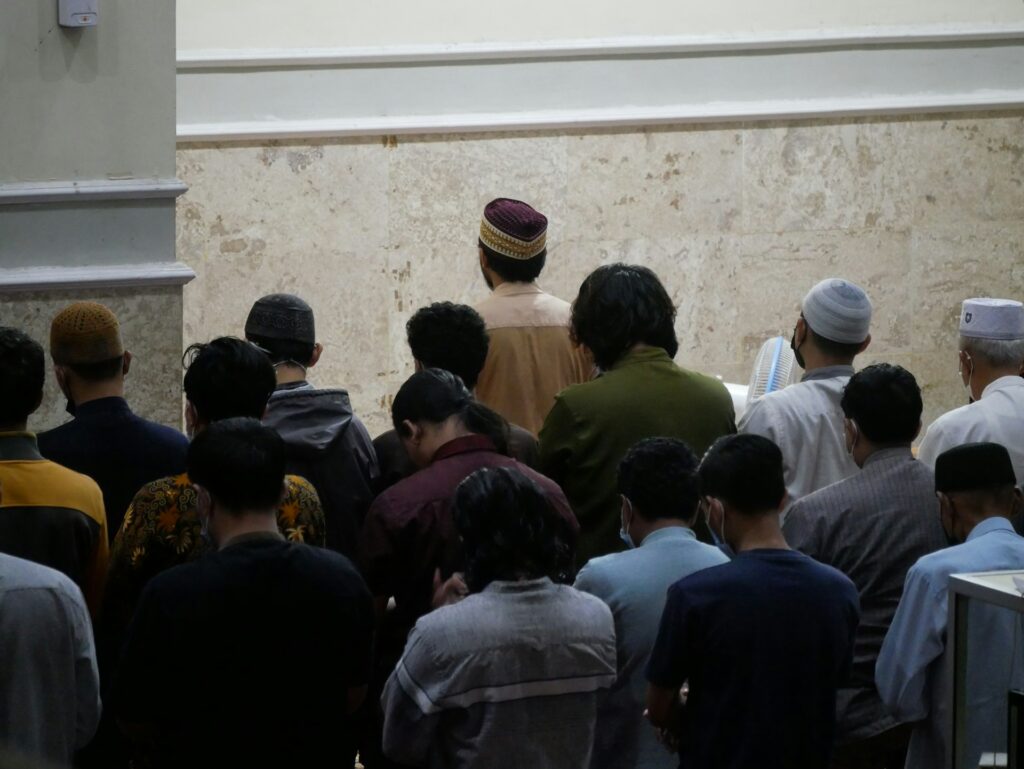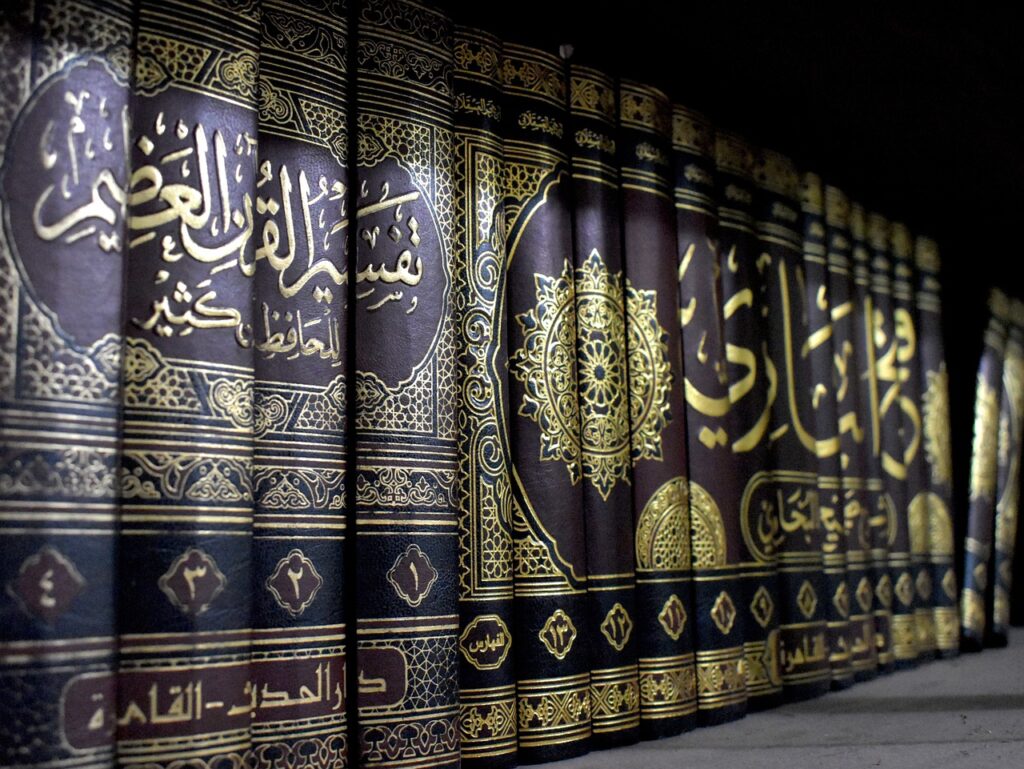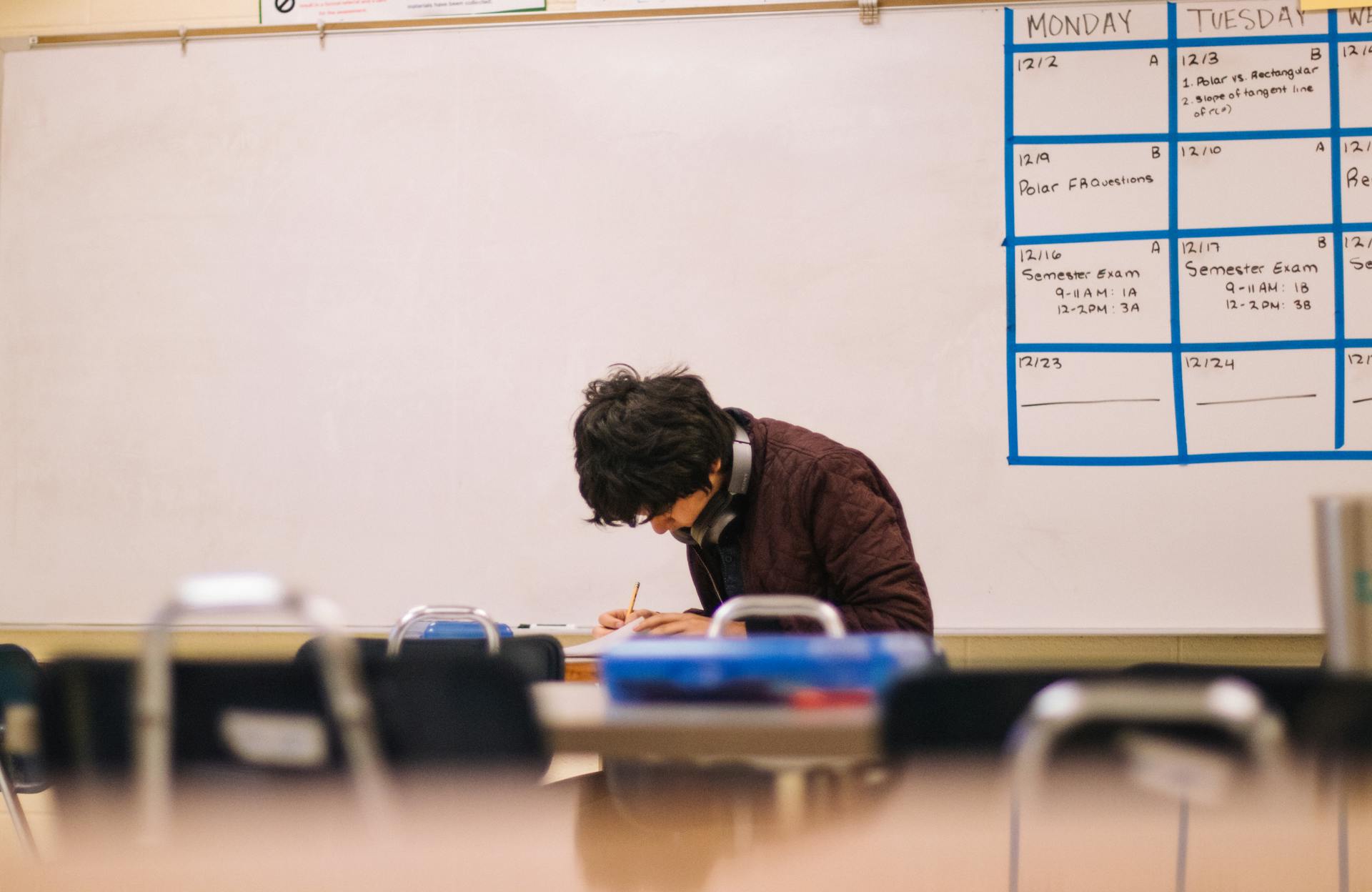As the holy month of Ramadan draws to a close, the anticipation and intensity of worship peak. The last ten days of Ramadan hold immense significance for Muslims worldwide, offering a unique opportunity for spiritual growth, forgiveness, and blessings.
Let’s find out what makes these final days unique and how to make the most of them through powerful duas (supplications).
What Are Duas For the Last 10 Days of Ramadan?
The last ten days of Ramadan refer to the final stretch of this blessed month. They are considered the most virtuous nights, surpassing even the first 20 days regarding spiritual rewards and blessings.
It’s a time for heightened devotion, seeking forgiveness, and making sincere dua to Allah SWT.
Why Are the Last 10 Days of Ramadan Important in Islam?
These final days carry immense weight in Islamic tradition for several reasons:
- Laylatul Qadr, The Night of Power: One of these nights conceals Laylatul Qadr, a night more blessed than a thousand months. It’s the night the Quran was revealed, and good deeds performed on this night are multiplied exponentially.
- Increased Reward: Every act of worship during these last ten days is rewarded more significantly than in other times of the year. It’s a chance to boost your spiritual standing and earn immense blessings from Allah SWT.
- Forgiveness and Mercy: Allah SWT’s mercy, compassion, and blessings encircle those who earnestly seek forgiveness and sincerely worship during this time. The gates of Jannah (Paradise) are open wide, and the gates of Jahannam (Hell) are closed.
Laylatul Qadr, The Night of Power
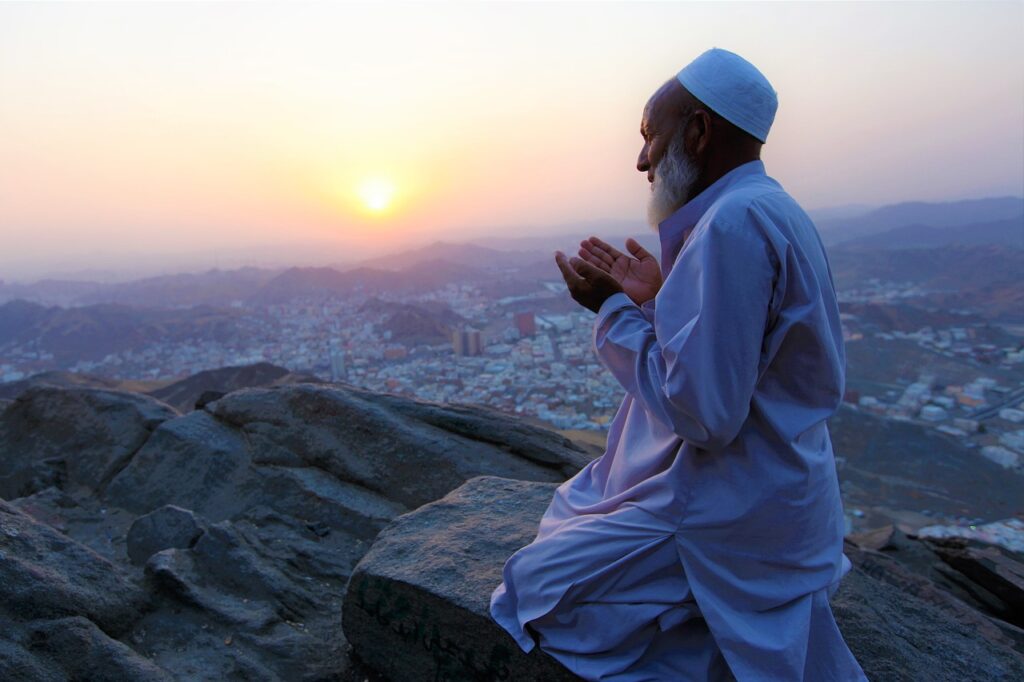
Laylatul Qadr, or the Night of Power, is the most sacred in the Islamic calendar, concealed within the last ten days of Ramadan.
This night is described in the Quran as being “better than a thousand months” (Surah Al-Qadr, 97:3), emphasising its immense spiritual value. On this night, the Quran was first revealed to the Prophet Muhammad (peace be upon him), marking a pivotal moment in Islamic history.
The blessings of Laylatul Qadr are unparallelled, as every good deed, prayer, and act of worship performed on this night is rewarded exponentially.
Muslims worldwide spend the night in prayer, recitation of the Quran, and reflection, hoping to capture the boundless mercy and blessings that Allah SWT shows upon those who seek Him on this holy night.
The exact date of Laylatul Qadr is unknown, adding to its mystique and encouraging Muslims to be extra vigilant in their worship during the last 10 nights.
It’s often believed to fall on one of the odd nights, particularly the 27th night of Ramadan.
What Are the Last 10 Days Referred To?
The last ten days of Ramadhan are sometimes called the ‘third Ashra’ or the ‘last ten nights of Ramadan.’
When Are the Last 10 Days of Ramadan in 2025?
While the dates depend on the lunar calendar, the last ten days of Ramadan in 2025 are expected to be on the 19th of March 2025 till 29th of March 2025 .
“The 10 days of Ramadan in 2025 will be from the 19th of March till the 29th of March 2025”
Dua for Laylatul Qadr (Night of Power)
English (Translation and Transliteration)
O Allah, I ask You for forgiveness and well-being in this world and the Hereafter. O Allah, I ask You for forgiveness and well-being in my religious and worldly affairs. O Allah, conceal my faults, calm my fears, and protect me from before and behind me, from my right and my left, and from above me, and I seek refuge in You from being taken unaware from beneath me.
Allahumma inni as’alukal-‘afwa wal-‘afiyah fid-dunya wal-akhirah. Allahumma inni as’alukal-‘afwa wal-‘afiyah fi dini wa dunyaya wa ahli wa mali. Allahum-mastur ‘awrati, wa amin raw’ati wahfazni min bayni yadayya, wa min khalfi, wa ‘an yamini wa ‘an shimali, wa min fawqi, wa ‘audhu bika an ughtala min tahti
Arabic
Dua for the Pleasure of Allah (SWT)
Seeking Allah’s pleasure is the ultimate goal of every Muslim. This dua expresses our desire to please Him in all our actions and thoughts. It’s a reminder to align our intentions with His will and seek His guidance in every step.
English (Translation and Transliteration)
“Our Lord! Make of us Muslims, bowing to Thy (Will), and of our progeny a people Muslim, bowing to Thy (will); and show us our place for the celebration of (due) rites; and turn unto us (in Mercy); for Thou art the Oft-Returning, Most Merciful.”
Rabbana wa-j’alna Muslimayni laka wa min Dhurriyatina ‘Ummatan Muslimatan laka wa ‘Arina Manasikana wa tub ‘alayna ‘innaka ‘antat-Tawwabu-Raheem
Arabic
Dua for Forgiveness
We all make mistakes, and seeking forgiveness is vital to our spiritual journey. This dua is a heartfelt plea to Allah (SWT) to pardon our major and minor sins. It reflects our sincere remorse and our commitment to strive for righteousness.
English (Translation and Transliteration)
“Our Lord! We have indeed believed, so forgive us our sins and save us from the punishment of the Fire.”
Reference: Surah Al-Imran – 3:16
Rabbana innana amanna faghfir lana dhunuubana wa qinna ‘adhaban-Naar
Arabic
Dua for Protection
The world can be challenging, and seeking Allah’s protection is essential for our well-being. This dua is a shield against harm, both physical and spiritual. It reminds us that Allah is our ultimate protector and refuge.
English (Translation and Transliteration)
“O Allah, I seek refuge in You from the punishment of the grave, and I seek refuge in You from the trial of the False Messiah, and I seek refuge in You from the trials of life and death. O Allah, I seek refuge in You from sin and from debt.
Allaahumma ‘innee ‘a’oothu bika min ‘athaabil-qabri, wa ‘a’oothu bika min fitnatil-maseehid-dajjaali, wa ‘a’oothu bika min fitnatil-mahyaa walmamaati. Allaahumma ‘innee ‘a’oothu bika minal-ma’thami walmaghrami
Arabic
Dua for Good Health

Good health is a precious blessing; maintaining it requires physical and spiritual efforts. This dua is a supplication for wellness, seeking Allah’s protection from illness and His healing touch for those who are unwell. It’s a reminder that true health encompasses both body and soul.
English (Translation and Transliteration)
“O Allah, make me healthy in my body. O Allah, preserve for me my hearing. O Allah, preserve for me my sight. There is none worthy of worship but You . O Allah , I seek refuge in You from disbelief and poverty and I seek refuge in You from the punishment of the grave . There is none worthy of worship but You.”
Allaahumma ‘aafinee fee badanee, Allaahumma ‘aafinee fee sam’ee, Allaahumma ‘aafinee fee basaree, laa ‘ilaaha ‘illaa ‘Anta. Allaahumma ‘innee ‘a’oothu bika minal-kufri, walfaqri, wa ‘a’oothu bika min ‘athaabil-qabri, laa ‘ilaaha ‘illaa ‘Anta.
Arabic
Dua for Guidance
The path of righteousness can be challenging, and seeking Allah’s guidance is crucial for staying on course. This dua is a plea for direction, wisdom, and steadfastness in faith. It acknowledges that we need Allah’s guidance to navigate life’s complexities and make choices that align with His will.
English (Translation and Transliteration)
Rabbana ghfir li wa li wallidayya wa lil Mu’mineena yawma yaqumul hisaab
Arabic
Dua for Parents
Our parents hold a special place in our hearts; honouring and cherishing them is a sacred duty in Islam. This dua expresses love and gratitude, seeking Allah’s blessings and mercy for our parents. It’s a reminder to appreciate their sacrifices and to always treat them with kindness and respect.
English (Translation and Transliteration)
O our Lord! Cover (us) with Thy Forgiveness – me, my parents, and (all) Believers, on the day the Reckoning will be established!
Rabbana ghfir li wa li wallidayya wa lil Mu’mineena yawma yaqumul hisaab
Arabic
What is Sunnah to do in the last 10 days of Ramadan?
The Prophet Muhammad (peace be upon him) used to exert himself in worship during the last 10 days of Ramadan more than at any other time.
Here are some Sunnah acts you can strive for:
- Itikaf: Seclude yourself in the mosque for worship and reflection.
- Increased Night Prayers: Pray Taraweeh and Tahajjud diligently.
- Quran Recitation: Aim to complete the Quran at least once during Ramadan, focusing on understanding and implementing its teachings.
- Charity and Sadaqah: Give generously to those in need, especially in places like Gaza and Palestine, where your donations can help struggling families.
- Dua and Dhikr: Make abundant supplications and remember Allah SWT throughout the day and night.
- Family Involvement: Engage your family in worship and good deeds, creating a spiritually enriching environment for everyone.
How You Should Spend the Last 10 Nights
These nights are precious; strive to spend them in a way that maximises your spiritual gains:
- Avoid Distractions: Minimise worldly activities and focus on your connection with Allah SWT.
- Seek Laylatul Qadr: Be extra vigilant in your worship during the odd nights. I am hoping to encounter this blessed night.
- Repentance and Forgiveness: Ask Allah SWT for forgiveness sincerely and firmly intend to avoid sin in the future.
- Gratitude: Express gratitude for the blessings of Ramadan and ask Allah SWT to accept your fasts and prayers.
Downloadable FREE PDFs
To help you make the most of these blessed days, we’re offering two FREE downloadable PDFs:
- Last 10 Days of Ramadan Duas PDF: A collection of powerful duas specifically for the previous ten days, including their Arabic text, transliteration, and English translation.
- Daily Duas for Ramadan – 30 Days, 30 Duas PDF: A comprehensive guide to daily supplications throughout Ramadan, helping you maintain a consistent connection with Allah SWT.
Summary – Duas for the Last 10 Days of Ramadan
The last ten days of Ramadan are a time of immense spiritual potential. Let’s strive to make the most of these blessed nights through sincere worship, abundant dua, and acts of charity.
May Allah SWT accept our efforts and shower us with His mercy and blessings. Ameen.



